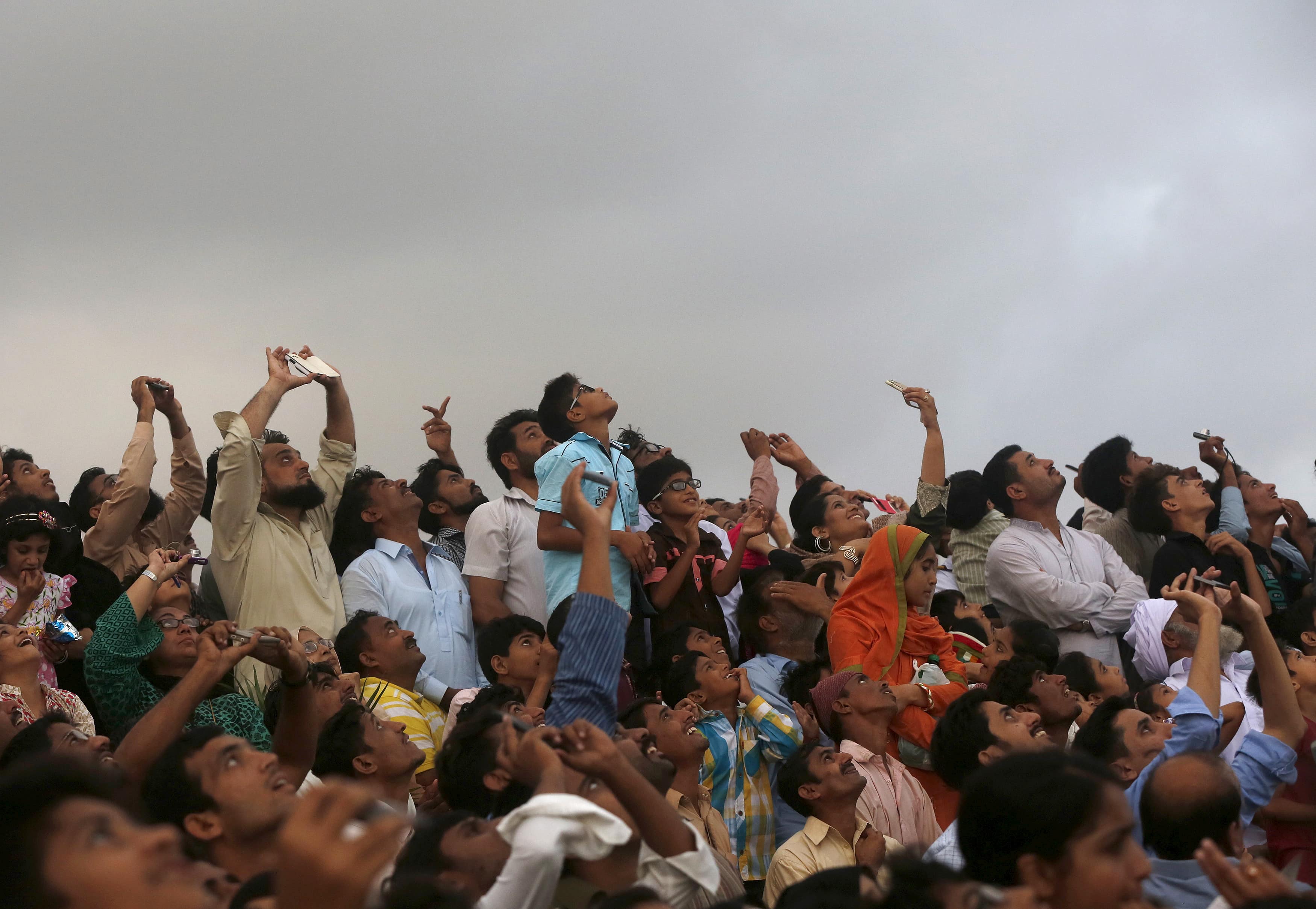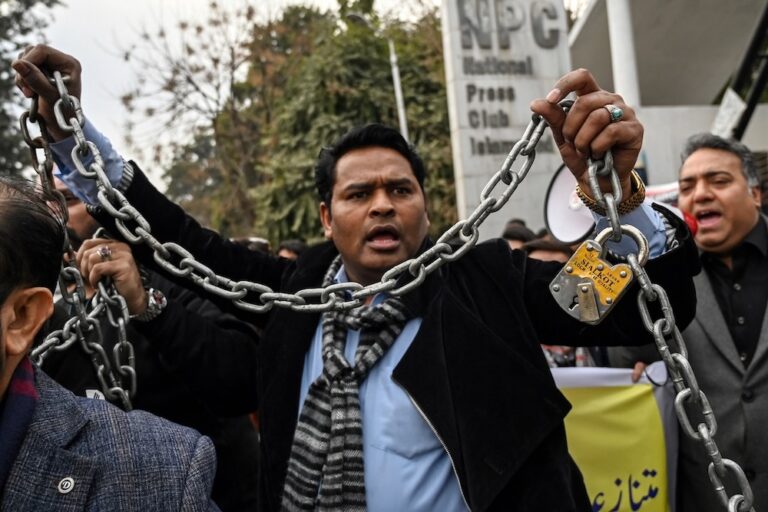The report is based on the analysis of mobile network shutdowns in Pakistan since 2012, with specific focus on the shutdown in the twin cities of Islamabad and Rawalpindi during March 2015.
This statement was originally published on content.bytesforall.pk on 28 September 2015.
A new report released on Monday 28 September 2015 reveals the socio-economic costs of mobile network shutdowns and argues that in some cases such disruptions can actually threaten the very right these practices seek to preserve: the right to life.
The report, titled Security v Access: The Impact of Mobile Network Shutdowns, is jointly published by the Institute for Human Rights and Business (IHRB), UK; Bytes for All (B4A), Pakistan; the Centre for Internet and Human Rights (CIHR), Germany; and Center for Global Communication Studies (CGCS) at Annenberg School for Communication (University of Pennsylvania). B4A also gratefully acknowledges the support from Global Partners-Digital (GPD) and APC-IMPACT.
The report is based on the analysis of mobile network shutdowns in Pakistan since 2012, with specific focus on the shutdown in the twin cities of Islamabad and Rawalpindi during March 2015. It proposes a total of 14 recommendations for the Government of Pakistan and telecommunication providers operating within the country, which can also be applied globally.
Commenting on the report, Shahzad Ahmad, Country Director at Bytes for All, Pakistan said:
“The report documents the impact of the arbitrary network shutdowns and how it affects people’s lives in terms of limiting their ability to call for help during emergencies, or carrying out their duties at the workplace or at educational institutions.”
“We believe that the onus now lies with the government to prove that the claimed security benefits of the network shutdowns outweigh the very real costs documented in this report.”
“The decision to shut down mobile networks needs to be taken in a transparent manner, following a public debate based on evidence.”
Furthermore, John Morrison, IHRB’s Executive Director, said:
“Most countries’ national laws allow governments to take control of communications networks during a national emergency, but exactly how and when they can use this power is often not clearly spelled out.”
“There is no denying that Pakistan has genuine security concerns and the Government has an obligation to take all reasonable steps to protect civilian lives. However, IHRB’s report highlights the view of other experts who are concerned that network shutdowns are becoming the norm to curb terrorism, which is not a long term solution for any country, when other methods should be explored.”
Dr. Ben Wagner, Director CIHR said:
“The goal of network shutdowns is supposed to be protecting civilian lives, but they may indeed have the opposite effect. They put civilians at risks, because emergency services cannot operate.”
In terms of the financial implications, the report highlights a series of mobile network shutdowns in Pakistan during November 2012, which cost over 1 billion Pakistani rupees ($98m) in lost taxes alone. The true cost however is likely to be much greater if the lost income of businesses and the resulting compensation claims are factored in.
Below is a summary of the report’s recommendations for critical influencers in Pakistan:
For the Government of Pakistan:
1. Ensure continued access to emergency services
2. Review the policy of network disconnection
3. Review laws applicable to network disconnection
4. Establish dialogue with companies
5. Engage with citizens
6. Be transparent
7. Ensure better oversight
8. Provide compensation to operators
For telecommunications operators:
1. Open dialogue with Governments
2. Widen support within the industry through collective action
3. Conduct stakeholder engagement
4. Create a consumer grievance mechanism
5. Ensure transparency
For a detailed timeline of network disconnections in Pakistan, please visit http://www.killswitch.pk/.



